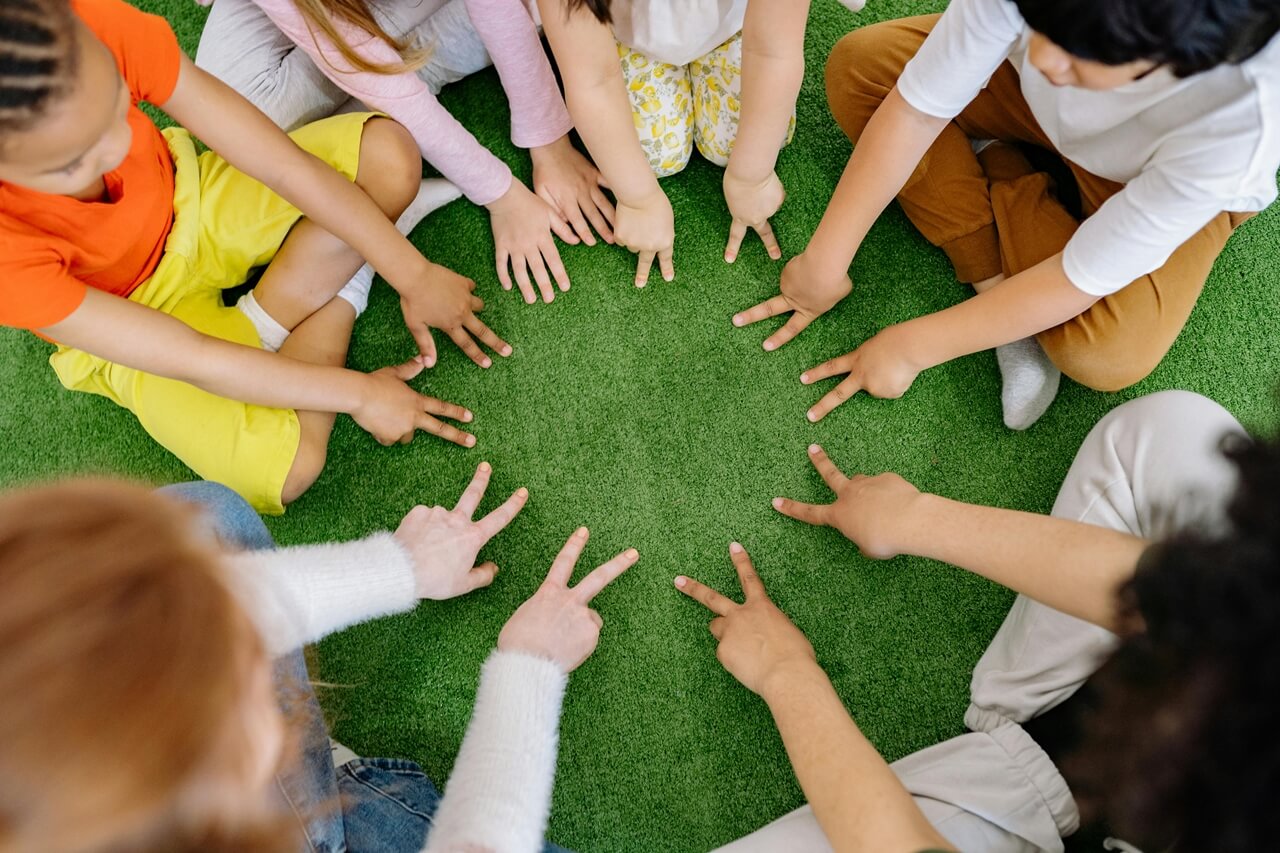
The Role of Emotional and Social Learning in Holistic Education
Holistic education emphasizes the development of a student's intellectual, emotional, social, physical, artistic, creative, and spiritual potentials. It seeks to engage students in the teaching/learning process and encourages personal and collective responsibility. Central to this approach are emotional and social learning (SEL), which play vital roles in preparing students to face the real world with resilience, empathy, and a well-rounded personality.
Understanding Emotional and Social Learning
Emotional and social learning are educational processes through which children acquire and effectively apply the knowledge, attitudes, and skills necessary to manage emotions, set and achieve positive goals, feel and show empathy for others, establish and maintain positive relationships, and make responsible decisions. These competencies are crucial in fostering not only a supportive academic environment but also in preparing students for a fulfilling life.
Key Components of Emotional and Social Learning
SEL can be divided into five core competencies:
-
Self-awareness: Recognizing one’s emotions and values as well as their influence on behavior.
-
Self-management: Managing one's emotions and behaviors to achieve one’s goals.
-
Social awareness: Showing understanding and empathy for others.
-
Relationship skills: Establishing and maintaining healthy and rewarding relationships based on cooperation.
-
Responsible decision-making: Making constructive choices about personal behavior and social interactions based on ethical standards, safety, and social norms.
Impact of Emotional and Social Learning in Education
The integration of emotional and social learning within holistic education frameworks has shown significant positive outcomes:
-
Enhanced Academic Performance: Students with strong emotional and social skills perform better academically. They can concentrate better and more effectively manage the stresses of schooling.
-
Improved Attitudes and Behaviors: Positive social behaviors and attitudes lead to a decrease in classroom disruptions and noncooperative behavior among students.
-
Increased Emotional Well-being: Reduced emotional distress — fewer reports of student depression, anxiety, stress, and social withdrawal.
-
Better Conflict Resolution: Students learn to manage conflicts and negotiations, fostering a peaceful and cooperative learning environment.
Strategies for Implementing Emotional and Social Learning
Implementing SEL in schools involves a structured approach that can be integrated into everyday classroom activities and interactions:
-
Incorporate SEL into Classroom Policies: Create and implement classroom rules and social norms that encourage respect, responsibility, and peer support.
-
Use Teachable Moments: Every day incidents provide opportunities to discuss relevant SEL concepts, helping students apply these in real-world settings.
-
Empower Students: Provide leadership opportunities that enhance students' sense of responsibility and decision-making skills.
Challenges in Integrating SEL
Despite its benefits, incorporating emotional and social learning into holistic education can be challenging:
-
Resource Allocation: Effective SEL programs require time, training, and resources that may be in short supply.
-
Cultural Differences: Schools must adapt SEL programs to reflect the cultural norms and values of their student populations, which can be diverse and multifaceted.
-
Measurement of Progress: Assessing improvements in SEL can be less straightforward than academic achievements. Schools need reliable tools to measure emotional and social competencies.
In conclusion, emotional and social learning are indispensable components of holistic education, offering profound benefits in developing the full potential of students. These learning aspects not only support academic success but also prepare students to navigate the complexities of personal and professional relationships throughout life. Integrating SEL effectively into school curriculums remains a challenge, yet it is one that educators are increasingly committed to for the long-term benefits it offers students. This commitment will foster the development of well-rounded individuals who are capable of contributing positively to society.
 (1).png)